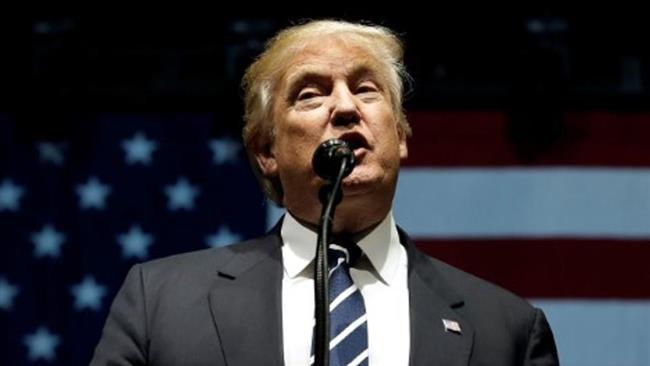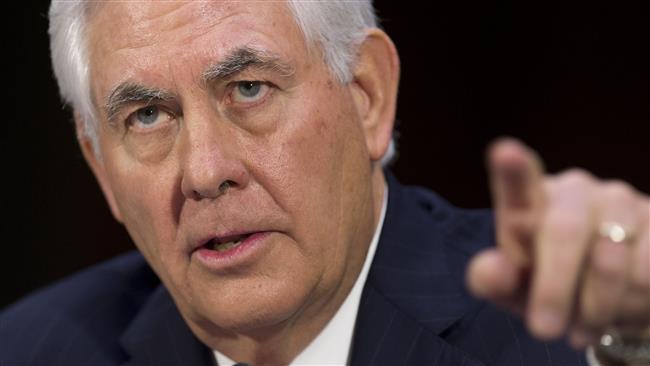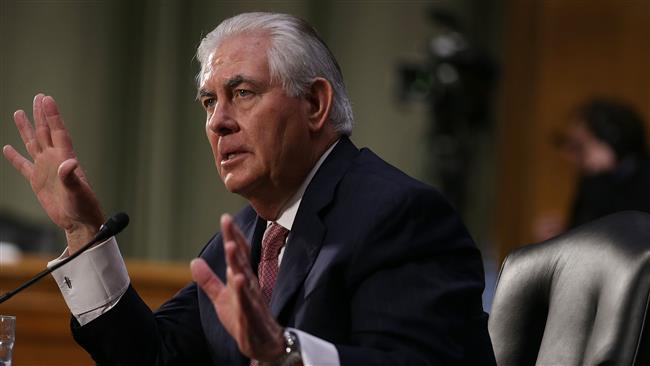Trump to use ‘one China’ policy as leverage in trade talks: Analyst
Incoming US President Donald Trump will only use his opposition to the “one China” policy as a bargaining chip in trade talks with China and to the extent that would not disrupt relations with Beijing, says a political commentator.
Trump, who will officially take the oath of office on Friday, said he was not committed to a longstanding agreement with China known as the “one China” policy. Under the agreement adopted by the US in 1979, Washington has been recognizing Chinese sovereignty over Taiwan and maintaining only unofficial ties with Taiwan.
In an interview with Press TV, Keith Preston, the chief editor of AttacktheSystem.com said Trump would be using the issue “as leverage” in trade negotiations with China.
“He is looking for things he could potentially use against the Chinese as a means of encouraging a settlement in terms of the currency issue and trade issues that Trump is concerned about,” the analyst said.
Trump started questioning China’s claim over Taiwan just after his election in November, when he took a congratulatory phone call from Taiwanese leader Tsai Ing-wen in a major break from US diplomatic protocol in 37 years.
Beijing warned Trump on Monday against using the “one China policy” as a bargaining chip in trade talks.
Preston, however, said the incoming president would not go “so far to really disrupt the relations between the United States and China,” because according to him there is a very “important trade relationship” between the two countries.
He explained that the US foreign policy has always been “oriented to a peaceful co-existence with China for obvious strategic and geo-political reasons.”
“Even during the Cold War, the United State was very dependent on China as a source of manufacturing and labor and America imported a great deal of the consumer goods from China,” he added.
During his presidential campaign, Trump consistently complained about “unfair competition” with the Chinese, Preston said, adding that new president wants to “negotiate trade agreements that are more favorable to American business interests.”
Tel Aviv told Damascus Israeli forces to remain in occupied territory: Report
Dec. 22: ‘Axis of Resistance’ operations against Israeli occupation
‘Abhorrent’: Oxfam says only 12 trucks delivered aid in North Gaza since Oct.
VIDEO | Leader receives religious eulogists on Hazrat Fatima birth anniv.
Pope Francis slams Israel’s ‘machine-gunning’ of Gaza children
US hostage-taking of Iranian nationals violation of intl. law: Deputy FM
VIDEO | Carol Singers for Palestine on London’s Parliament Square
Ansarullah says ‘Israeli terrorists’ incapable of confronting Yemen, warns of secret weapons













 This makes it easy to access the Press TV website
This makes it easy to access the Press TV website